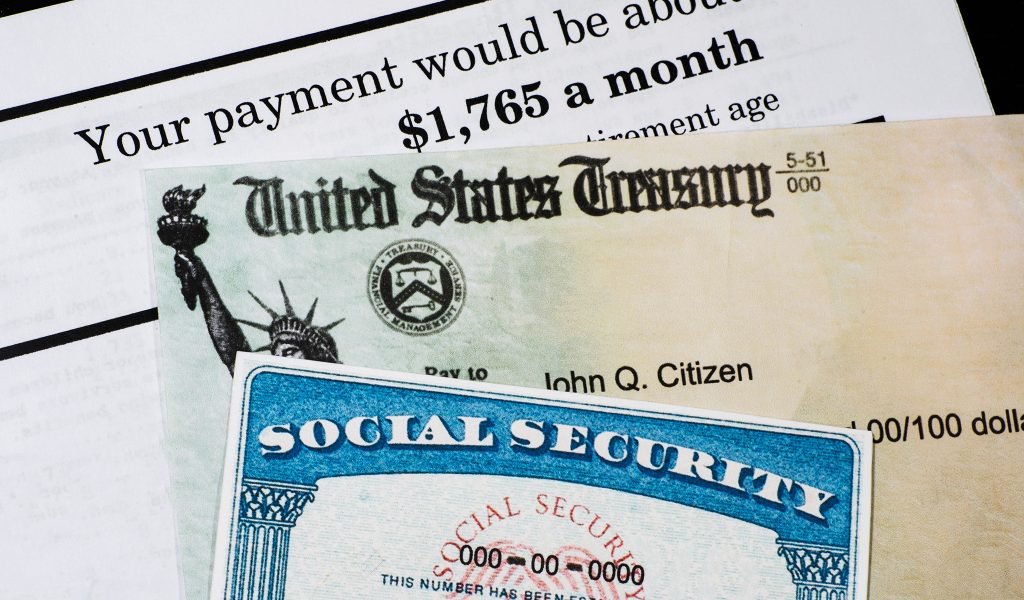The ‘Sahm Rule’ Is Every Bit As Ridiculous As Economics
Sahm touts her Rule as a forward-looking indicator of recession, and useful as a way of seeing around the corner before “it’s too late for the Fed’s tools to work.” And the Fed could do what?
The ‘Sahm Rule’ Is Every Bit As Ridiculous As Economics Read More »







